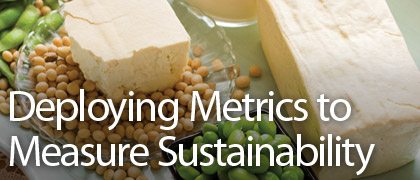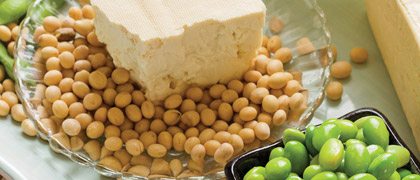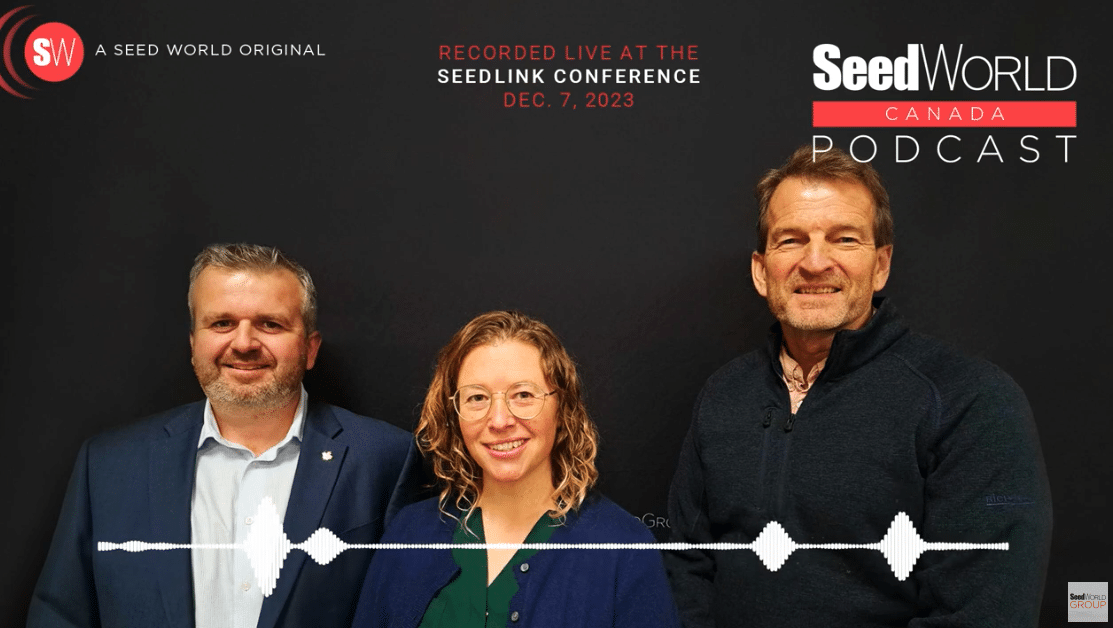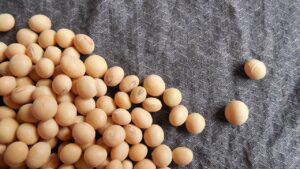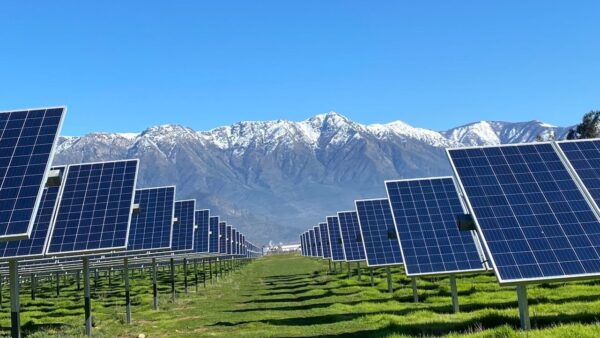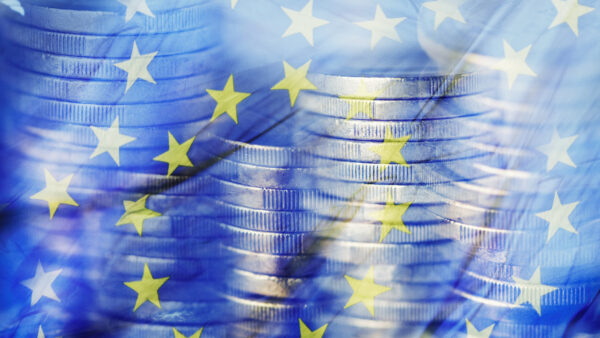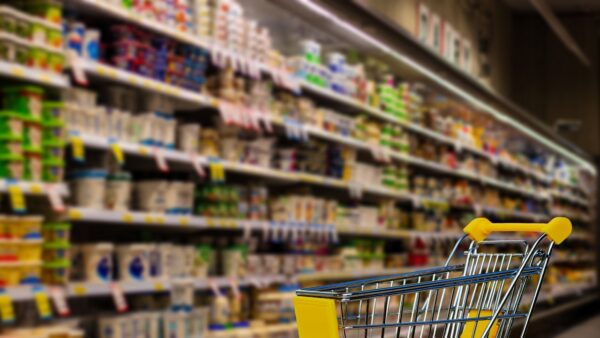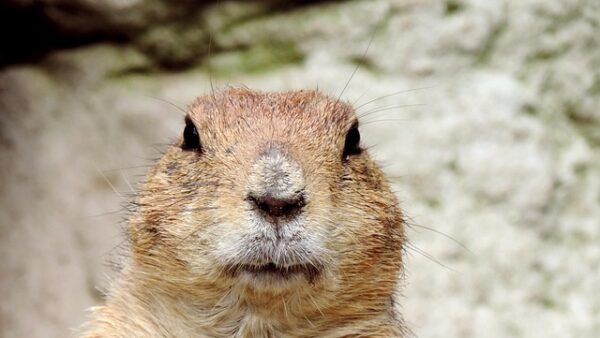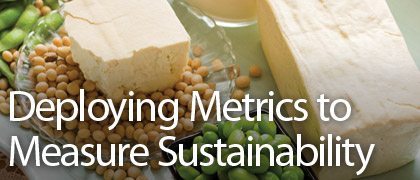
Framework to measure sustainability follows value chain back to seed.
Sustainability is the buzz word on the street and has been for several years. Consumers want to know their food is sustainably produced and that’s one of the primary reasons that Grain Farmers of Ontario has been working to develop the Round Table on Responsible Soy.
Instead of having rules or regulations be driven from the top-down, by consumers or policymakers, we are developing guidelines from the bottom up, explains Nick Betts of the Ontario Ministry of Agriculture, Food and Rural Affairs. Betts who was formerly with Grain Farmers of Ontario as the market development coordinator of environment and sustainability has been the lead on this project. Our goal is to implement a voluntary third-party certification system to verify that soybeans are sustainably produced, Betts says.
So what does this mean for the seed industry? “If you’re following the law, nothing,” Betts says. “The Canadian Seed Act already meant that seed companies and seed growers producing certified seed are in compliance with the Round Table on Responsible Soy.”
Martin Harry of SeCan says that Canada whizzed through the process because of the laws and regulations already in place. “From the seed side, we are already tracking seed and have auditing and field inspections in place,” he explains. “Farmers have to go through a two- to three-day audit to be certified, but this is a positive move and will allow us to be prepared for any demand that might come through.”
Betts says that during the beginning phase of the Round Table on Responsible Soy he reached out to stakeholders up and down the value chain to see what kind of feedback and support the program would have. This was something that the entire industry was supportive of, Betts says, noting that the Round Table on Responsible Soy is a gold standard.
As part of Grain Farmers of Ontario’s work in this area, the organization joined the Sustainable Agriculture Initiative (SAI) as an affiliate member to represent the voice of farmers. Originally formed in 2002 by Nestlé, Unilever and Danone, SAI is designed to facilitate sharing, at a precompetitive level, of knowledge and initiatives to support the development and implementation of sustainable agriculture practices involving the different stakeholders of the food chain. Today, it has more than 60 members.
Specialty high-value foods made from soy have companies wanting to ensure the raw material is sustainably produced to meet the demands of consumers with purchasing power.
Betts and Grain Farmers of Ontario began working with SAI in July of 2013 to see how such a model would fit into Canada. This past winter, Betts provided a national interpretation for what the certification standards would mean for Canadian farmers, processors and non-governmental organizations.
“Some Ontario farmers received a contract for the 2014 growing season,” Betts says. “This year 10,000 tonnes of soy crops were audited and certified.” Betts admits that this is a relatively small amount in the grand scheme of things, but he says it’s a good starting point. “This initiative will help to increase the availability of Canadian products. We are not trying to make a new standard; we just want to make sure that our farmers have access to every market around the globe.”
Betts reports that to-date most of the contracts are with European companies, such as Marks & Spencer and Waitrose, which are using the soybeans to make a flour for specialty foods. “These soybeans are not considered a commodity,” Betts adds.
Moving forward, Grain Farmers of Ontario is working to develop a growers guide, which will provide farmers tools to help them implement specific sustainable practices and help them achieve certification. “Ontario farmers already implement many sustainable practices, like crop rotation, responsible fertilizer application and water management,” Betts says. As more and more soybeans are planted in Canada, he expects the number of growers certified through the Round Table on Responsible Soy will increase, too.
Under the SAI umbrella, sustainable agriculture is defined as “the efficient production of safe, high quality agricultural products, in a way that protects and improves the natural environment, the social and economic conditions of farmers, their employees and local communities, and safeguards the health and welfare of all farm species.”
Julie Deering


